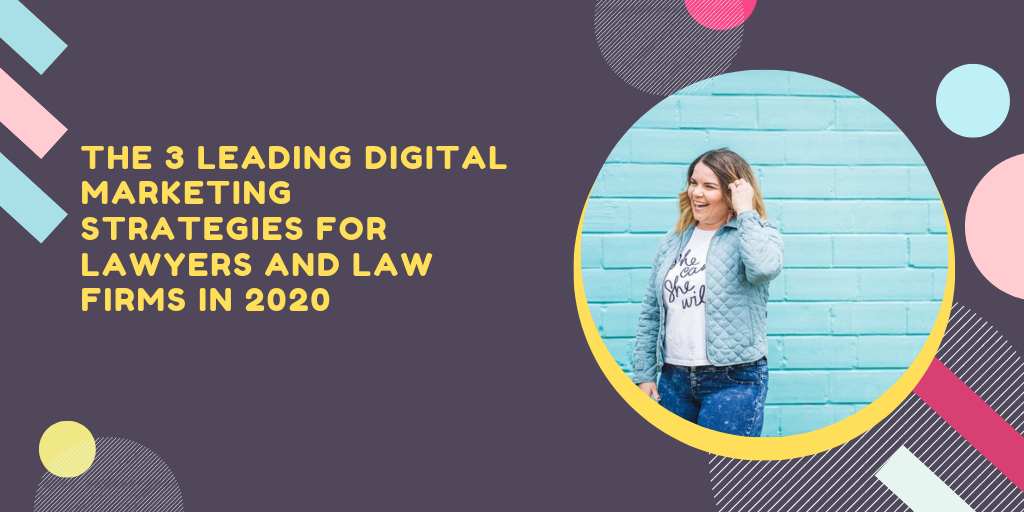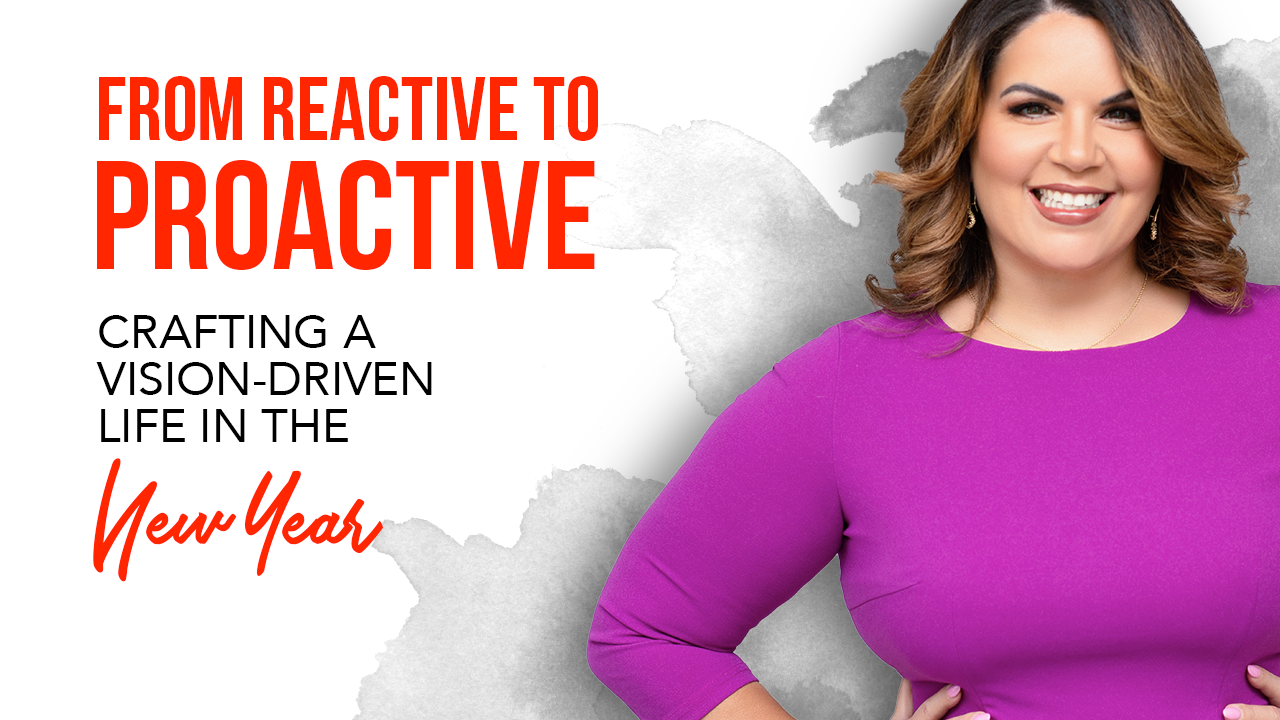Are you a lawyer, either solo practitioner, freelancer, or perhaps you’re in charge of marketing a law firm and need some out-of-the-box strategies? You got it!
I’m a recovered attorney and now a forensic digital marketer and UX consultant. Not sure what that means? Well, I do the kind of work you would do in preparation to win a trial. I find the gaps between your message and your target audience. And I do it using data and science. This isn’t about “hope marketing”. That doesn’t work. Social media marketing for law firms is a passion!
In full disclosure: when I built my law firm, there were no social networks. I had to rely on word of mouth and referrals, which we can say is “hope marketing”. But you don’t have to do it! We have data and science.
Hope Marketing Won’t Pay Your Bills
You hear other attorneys saying they only take clients by referrals and you’re wondering how can you get to that level. I don’t blame you. When I started, I was exactly at this place. I remember the days when I would just go to court just to watch other attorneys litigate. In retrospect, I was lucky I found a friend who connected me with a builder who later became my only client. But it didn’t happen overnight and I certainly don’t recommend that you hope to find a friend that can introduce you to a great lead. Hope marketing won’t pay your bills.
I call hope marketing when you’re kind of hoping that future clients see your phone number somewhere where you left your business card. You dream with the idea of winning a great case and get all the chasing you so you can build your name (I did some of that). That could happen; but there’s no need to hope when we have so many opportunities to get clients from digital marketing.
Essentials In Digital Marketing For Lawyers
I’m sure you’ve considered boosting your social media marketing, amongst other digital marketing tactics like paid search (Google Adwords, BING, YELP), SEO, buying leads, web design, etc.
The number of options can be overwhelming. The last thing you want, after going to law school and all the hard work to pass the bar is to learn how to market. So, unless you have a background in business and marketing (like my case), you will be open to understanding big-picture strategies, as long as they are relevant, precise, and effective.
Search Engine Optimization (SEO)
Perhaps you already know this. Search engine optimization is focused on improving your site in order to increase your organic search engine rankings. SEO primarily revolves around placing keywords strategically throughout the site, link building, establishing site authority and using meta data that’s crawlable by Google.
In theory, if you add keywords to your website, Google then grabs your content and displays to potential clients when they are searching for those keywords. Unfortunately, that’s far from truth.
SEO these days involves a series of complex strategies and law firms and attorneys looking for a marketing plan to drive more clients need to be aware of. One keyword isn’t going to take you to the next level. This is why I recommend my law firm clients to start with a list of 25 long tail keywords which is a combination of at least 4 keywords.
Let’s say, for example, you are a divorce attorney and want to attract clients who are looking to hire a lawyer and use Google search. Based on this preliminary research, you can benefit from using a content marketing strategy featuring keywords like “divorce attorney”, “divorce attorney near me”, “divorce attorney ___ (your city)”.
Your goal is to reach some visibility using those keywords, provided that they are showing an SEO score that represents potential. This is how I get to design a keyword plan and strategize which content to produce, based on the combination of keywords that most likely will give us the fastest path to visibility.
We don’t need to “hope” anymore. There are search engine marketing tools that allow us to craft your legal marketing campaign so that your name comes up in the search results.

I spend hours looking at data in order to craft a digital marketing strategy. Something that is totally needed when it comes to working in a legal social media marketing plan, or any other marketing plan for your industry. Make no mistake, your industry is competitive and moves fast. When people need a lawyer, they have no time to waste.
I personally use SEMRush for search engine optimization and content marketing intelligence. But that’s not the only one. Google Keyword Planner is another great tool. Backlinko has a great tutorial on how to use this tool. You should check it out.
So now I can officially say, welcome to my world! What I love to do is using forensic marketing (data, patterns, research) to find real opportunities.
Now that you have access to some intelligence on how to get more visibility, the next component of your digital marketing plan is brand awareness.
Why Is Brand Awareness Important For Lawyers?
As a lawyer, you may not have thought much about the importance of branding. You may believe that the quality of your work will speak for itself and that you will become well-known simply by practicing good law. That may have been the case a generation ago, but not anymore.
With hundreds of competent lawyers out there all doing the same thing, what makes you and your firm so different? What makes you stand out from the crowd? What is it about your firm and the service you provide that compels clients to choose you instead of some other firm? The answers to those questions are part of the message that is needed to market to your audience, as part of the brand awareness campaign.
Make sure your website has a compelling message:
✔️Develop the about me page and showcase the values of your firm.
✔️Produce a rich blog.
✔️Pro tip: produce a Youtube channel with potential Q&A. Leverage social media and Facebook ads to share your content with a highly targeted audience.
The American Bar Association’s Legal Technology Survey Report on the use of technology in the legal profession of 2018 explains why branding is important for lawyers.
With an increasing number of lawyers available for clients to choose from, lawyers need to differentiate themselves, which often requires establishing their expertise in a particular niche field, an area of practice or industry, or with a particular audience or group of people.
How Can Lawyers and Law Firms Create Brand Awareness?
Our keyword search took us to the Law Firm Cordell & Cordell. They have an amazing SEO plan, but also a great Facebook marketing plan in place. If you check their page, you will notice how their name is Cordell & Cordell- A Domestic Litigation Firm. This is great for brand awareness because in 2 seconds you can identify what they do.

Reviews are great for brand awareness. I will say, they help also for consideration. If the individual is actively searching for a lawyer and checks 2 websites and 2 social media accounts, the one with stronger reviews will win.

A recent survey by Podium suggests that 93% say online reviews do impact their purchasing decisions. A great strategy to maximize those reviews is to share them on your social media channels.
Your brand awareness should happen at the website level, with great content, then sharing it via social media. The more you “humanize” your brand, the more approachable you will be.
As an attorney, I understand the necessity of maintaining an ethically-sound Web Presence and take care of your reputation. Those are 2 non-negotiable steps of any law firm marketing plan.
How Are Lawyers Using Social Media Marketing?
It’s almost 2020. The ABA has finally acknowledged the place of Social Media in the legal world. The ABA’s House of Delegates — its governing body — considered the recommendations of the ABA Commission on Ethics 20/20, which has proposed revisions to the Model Rules of Professional Conduct to address changes in technology.
ABA’s 2018 Legal Technology Survey Report also favors social media marketing and content marketing.
Notice how they are encouraging lawyers to showcase their expertise with a variety of content.
Lawyers who simply state on their websites that they have expertise or knowledge in a specific area are going to be at a disadvantage when compared to attorneys who demonstrate that expertise with articles, video, and other content that shows that they are not only proficient in their area of the law, but that they understand the issues their clients face on a daily basis.
From the same report, we have some interesting social media for lawyers stats:
-
- ✔️ Use of Facebook is up slightly to 63% this year after being between 56-58% in the previous three years.
-
- ✔️ Twitter use among firms is still uncommon; only 14% of respondents reported that their firms maintained a presence on Twitter.
-
- ✔️ Use of Martindale also dropped from 41% in 2016 to 31% in 2018.
-
- ✔️ LinkedIn use by law firms has been declining since 2015 when 93% of lawyers reported the use of LinkedIn. Even so, firm use of LinkedIn still exceeds every other platform.
-
- ✔️ Use of social media by individual lawyers for professional purposes remains strong, with 79% of respondents reporting that they use one or more social networks for professional purposes.
-
- ✔️ 82% of all individual lawyers are using LinkedIn themselves for professional purposes, as compared to 47% on Facebook, 27% on Avvo, and far fewer on the other platforms surveyed.
Lawyers Are Not Taking Full Advantage Of Digital Marketing
A healthy keyword planner and a strong social media presence should help you grow your law practice; especially if you combine organic (free) strategies with paid traffic strategies. Try to avoid full delegation and automation during the early stages of your practice. Prioritize your duty to humanize your brand, so that your audience can relate more.
ABA’s 2018 Legal Technology Survey Report shows that lawyers are not taking advantage of analytics or reports to determine the effectiveness of their marketing initiatives.
You won’t be part of those stats! Your digital marketing strategy will also have tracking and monitoring, so you can predict results.
You will be surprised by how much, even a simple change on your website design, can help you get more clients from your digital marketing efforts.
Our Forensic Marketing For Lawyers
If you’re interested in increasing your client base or enhancing your presence in the community, take a step further and request a complimentary Marketing Assessment.
We will create a comprehensive Social Media strategy tailored to fit your practice’s needs.










